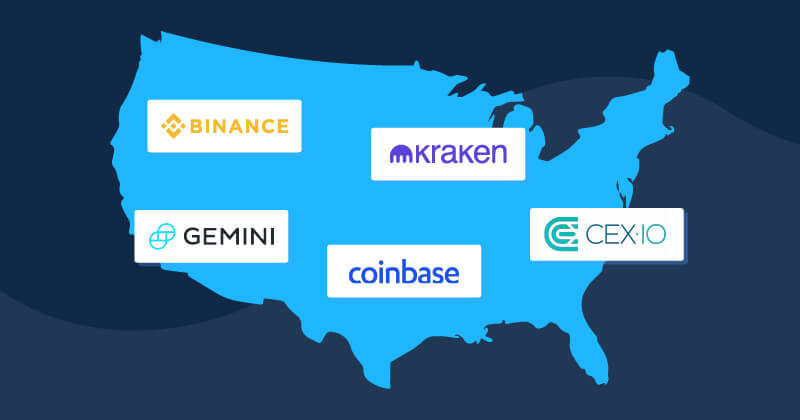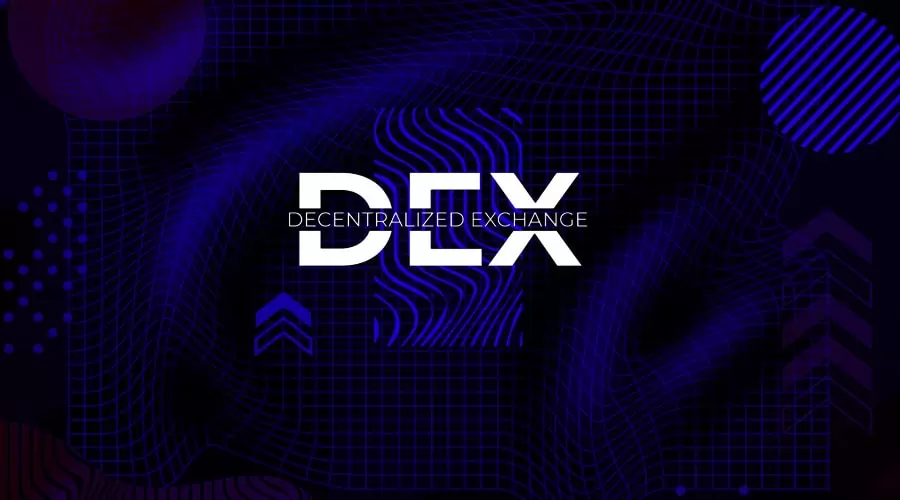In the dynamic world of cryptocurrency, futures trading platforms have emerged as crucial tools for traders seeking to manage risk and capitalize on market trends. Crypto futures allow you to speculate on the future price of digital assets without having to own the underlying cryptocurrency. This derivative trading instrument can enable you to hedge against volatility or amplify your exposure to price movements with the use of leverage.
As the landscape of crypto futures platforms grows, it’s important to recognize the various types available to you. Some platforms cater to seasoned investors with a suite of advanced features and comprehensive market analytics. Others aim to simplify the trading experience, providing an intuitive interface that makes futures trading more accessible to new entrants.
With a multitude of platforms to choose from, each offering different futures contracts, tools, and levels of leverage, your choice will depend on your trading goals and experience. Whether you prioritize a wide range of altcoins, low fees, extensive leverage options, or robust security measures, there’s a platform that aligns with your needs. It’s vital to conduct thorough research and consider factors like liquidity, regulation, and the platform’s reputation before you begin trading.
Broad Category Of Crypto Futures Platforms
In the dynamic world of cryptocurrency futures trading, you’ll encounter two primary types of platforms: exchanges and brokers. Each serves a pivotal role in your trading experience and offers distinct features.
Exchanges

Exchanges are online platforms where you can directly trade cryptocurrencies and futures contracts. In 2024, some of the top exchanges include:
- Binance Futures: Known for a wide variety of tradeable contracts and pairs with competitive fees.
- Coinbase Advanced: A popular choice in the U.S., offering advanced trading options and security features.
- Delta Exchange: Offers futures contracts not only in mainstream coins but also in niche cryptocurrencies, with up to 100x leverage.
When selecting an exchange, you should consider factors like trading volume, fees, leverage options, and the diversity of available contracts.
Brokers
Brokers act as intermediaries between traders and the markets, facilitating access to various exchanges. They often provide additional services such as:
- Copy trading: Platforms like eToro allow you to mimic the trades of experienced futures traders.
- Risk Management Tools: Essential features for controlling potential losses in volatile markets.
Choosing a broker often hinges upon the unique tools they offer, their fee structure, and the execution speed of trades.
Centralized Futures Trading Platforms
Centralized futures trading platforms offer a variety of tools and provide liquidity, maintaining high standards of security and adherence to financial regulations.
Exchange Features and Tools
When you engage with centralized platforms, you access an array of advanced trading tools. For instance, platforms like Binance Futures and Coinbase Advanced offer features designed to enhance your trading efficiency. Binance Futures stands out for its comprehensive user interface and an extensive range of order types. Similarly, Coinbase Advanced creates a robust environment for trading with detailed analytical charts and user-centric design.
Liquidity and Volume
Liquidity and trading volume are significant on centralized platforms. High liquidity enables you to execute large orders without significant price impact. For example:
- Binance Futures: Known for high liquidity, offering competitive spreads.
- Coinbase Advanced: Attracts substantial volume, facilitating smooth trade execution.
These platforms ensure that your trades are filled promptly, at predictable prices, which is crucial for effective futures trading.
Security and Regulation
Your safety is paramount, and centralized platforms are often well-regulated and equipped with robust security measures. Regulatory compliance provides you with peace of mind regarding the legitimacy of the platform.
- Binance Futures: Implements a multi-tier and multi-cluster system architecture for enhanced security.
- Coinbase Advanced: Adheres to strict regulatory standards in the United States, providing you a secure trading environment.
Security protocols like two-factor authentication (2FA), wallet storage safeguards, and regular audits are standard practices that protect your assets and personal information.
Decentralized Futures Trading Platforms

Decentralized futures trading platforms offer you a secure and transparent way to engage in future contracts without relying on a central authority, by harnessing blockchain technology.
Smart Contract Integration
Your trading on decentralized platforms is governed by smart contracts, which automatically execute the agreed terms. Smart contract integration ensures that the rules are embedded in the code, thus reducing the need for intermediaries and enabling direct peer-to-peer transactions.
Anonymity and Accessibility
Decentralized platforms offer you increased anonymity since most do not require personal information for registration. Accessibility is another key feature; as long as you have an internet connection and a compatible blockchain wallet, you can participate in markets often without geographical restrictions.
Risks and Counterparty Trust
While trading on a decentralized exchange, you typically don’t have to trust a single entity to handle your funds. However, it’s vital to be aware of the risks including smart contract vulnerabilities and lower liquidity. Counterparty trust is transferred from the exchange to the technology facilitating the trade.
Hybrid Futures Trading Platforms
Hybrid futures trading platforms are gaining prominence as they combine the trustworthiness of centralized platforms with the innovation of decentralized ones. As a trader, you can leverage the advantages of both worlds.
Combining Centralized and Decentralized Benefits
Centralized trading platforms offer you high liquidity, fast transaction speeds, and robust customer support. Decentralized platforms, on the other hand, provide you with privacy, reduced risk of server downtime, and direct control over your funds. Hybrid platforms bring these features together to:
- Enhance security by storing funds in a decentralized way while still providing the fast execution of centralized systems.
- Offer regulatory compliance and anonymity where possible, appealing to a broader range of users.
Cross-Platform Trading Mechanics
Hybrid platforms introduce innovative trading mechanics, such as:
- Smart Contracts: Execution of futures contracts is often managed through smart contracts, bringing transparency and trustlessness to your trading.
- Interoperable Features: These platforms may support cross-chain functionality, allowing you to trade assets from various blockchains seamlessly.
By utilizing a hybrid trading platform, you can access a more diverse set of trading tools and enhance your investment strategies.
Conclusion
In the rapidly evolving landscape of cryptocurrency trading, crypto futures platforms present an invaluable opportunity. As you consider entering this market, it’s essential to assess the variety of platforms available to you. Leading exchanges such as Bybit and Phemex offer robust environments tailored to diverse trader needs, from the novice to the experienced.
Your selection process should be informed by factors like leverage options, available cryptocurrencies for futures trading, and regional availability. For instance, Phemex boasts high leverage and is recognized for its strong foundation laid by industry experts. Platforms like OKX excel in offering a comprehensive suite of trading options including spot, derivatives, and margin trading, while also facilitating futures copy trading.
Furthermore, perpetual futures contracts emerge as a popular choice, appreciated for their absence of expiry dates, providing you the flexibility to hold positions over an extended period. This can be particularly advantageous if you prefer a long-term strategy.
In your journey through crypto futures trading, your success heavily relies on the platform you choose. Make certain to leverage the wealth of information available, ensuring that your selected platform aligns impeccably with your trading goals and risk tolerance.
